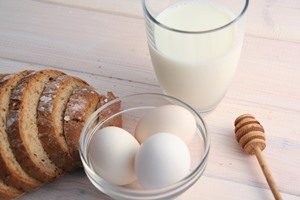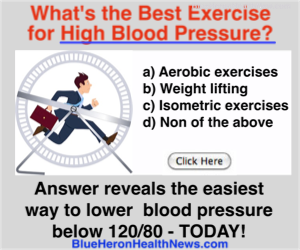As you age, your nutritional needs change, your energy levels start to decrease and you become more prone to illness and other health risks. That’s why it is imperative that you eat right and make the right choices when it comes to your diet to get the proper nutrition that your body needs. Eating well definitely keeps your mind sharp, your body strong and energized; not only that, it helps you feel and look better too.
Get plenty of high-quality protein.
High-quality protein such as red meat, fish, beans, peas, eggs, nuts, seeds and dairy can improve your mood and energy as well as prevent muscle loss, stress, anxiety and depression. Avoid those low-quality protein like processed meat products because these food products can increase your risk of heart disease and cancer.
Animal protein is not only rich in high biological value protein but also iron, Vitamin B12, folic acid, biotin and other essential nutrients. Replace your carbs with high-quality protein but remember, you don’t want too much of it too. NCBI recommends 0.8 grams of protein per kilogram of body weight.
Cut down on sugar and refined carbs.
According to Endocrineweb, the older you are, the more at risk you are for developing Type 2 Diabetes. Once you hit the age of 45, your risk starts to rise and even more after the age of 65.
So start reducing your sugar intake by cutting down those desserts, avoiding sodas and sweetened drinks, replacing refined carbs (e.g. white rice, white flour, refined sugar) with complex carbs (e.g. high fiber food, oatmeal, beans, vegetables).
Add more fiber to your diet.
Your ability to digest what you eat changes as you age, and that may result to indigestion, constipation and ulcers. Aside from age-related factors, some medications that you take and a sedentary lifestyle also contribute to this. According to WebMD, women age 51 and older need 21 grams of fiber while men should aim for 30 grams.
Good sources of fiber include whole grains, nuts, seeds, peas, colorful and crisp veggies (such as peppers, zucchinis, celery, carrots, tomatoes) and fruits (apples, pears, berries, bananas).
 Meet your Vitamin and Mineral Needs.
Meet your Vitamin and Mineral Needs.
You need to load up on vitamin-rich foods such as Vitamin A, B, C, D and E. You can get this from food sources or supplements that are approved by your Physician. Here’s an article about a few essential dietary supplements that every aging adult needs.
Increase your water intake.
Water is the most important nutrient required for your body to function well. As you age, you become more prone to dehydration and the sense of thirst isn’t as sharp as it used to be. So drink lots and lots of water to replace losses and improve your mood, metabolism and digestive health. Also, water makes your skin glowing and healthy, making you look younger and minimize the chances of looking your age.
Remember that staying healthy isn’t just about what you eat. Aside from changing your diet, it is also a must to make positive lifestyle changes – such as quitting your vices (if you have one), getting adequate amount of sleep, staying active and avoiding stress.










